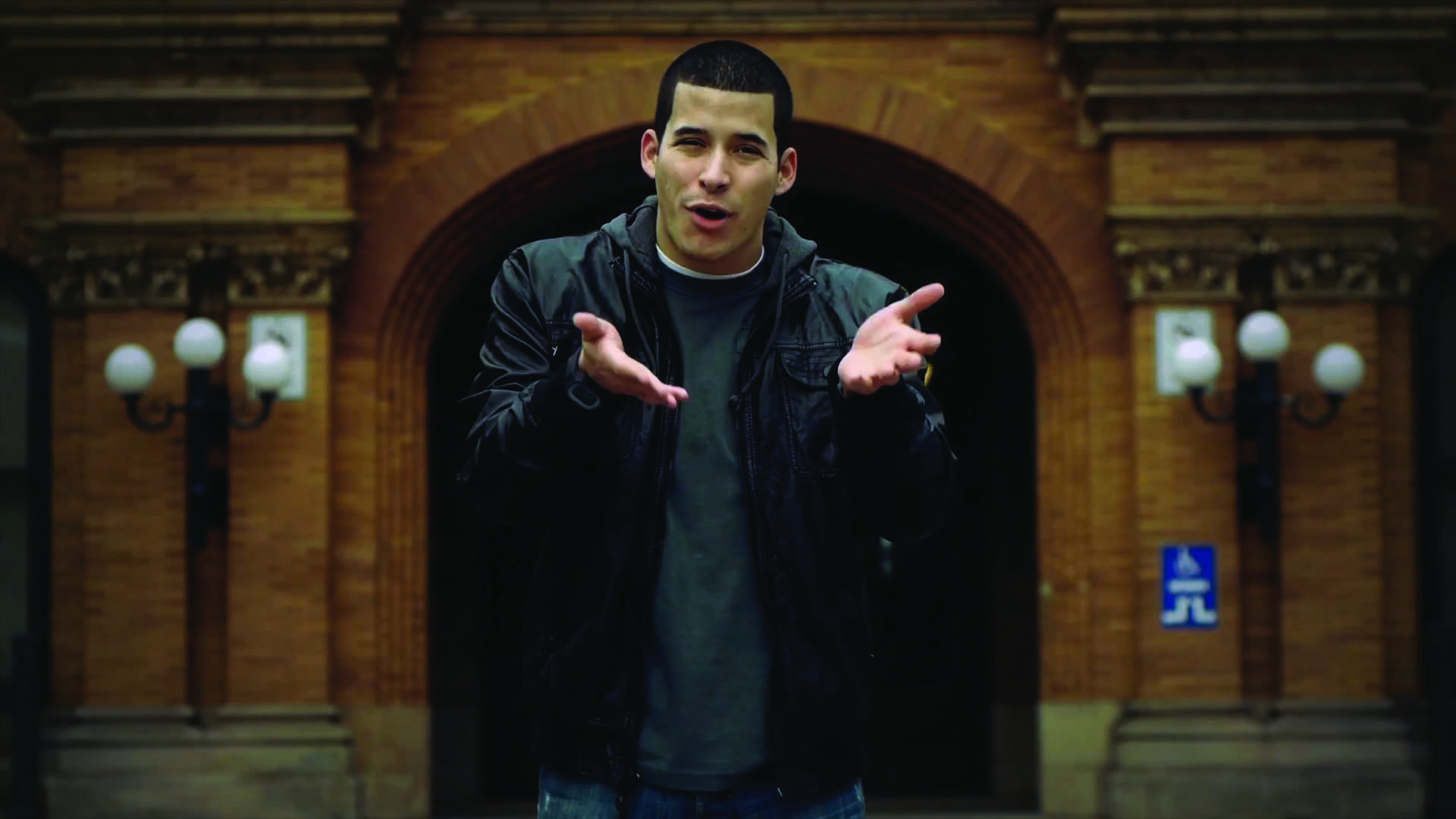Point and Counterpoint: Viral Video Questions Faithfulness of the Religious
February 1, 2012

Why I Hate Religion But Love Jesus
By MICHELLE PRADO, Contributing Writer
A round of applause to the YouTube poet Jefferson Bethke who has said what many want to say but never do. One of the hottest topics on YouTube (and on my Facebook newsfeed) is this Christian who claims to love Jesus but hate religion, or in his own words, “resent it.” How can a person hate religion and love Jesus? I asked myself the same question, but after thinking about it, I understand and support him all the way.
Judging from his video, Bethke hates the rituals, the strict rules and perhaps the monotony of religion. He prefers to think of God as someone he can have a relationship with, and Bethke is brilliant for expressing that to the world. He does not just say words and talk about how he feels or how God makes him feel but uses the Bible to back up his statements. As a Christian, I often encounter people who can talk about Jesus and know he was crucified but can’t even tell me who wanted Jesus crucified. Bethke can and that makes him stand out because he does not just say he loves Jesus, he knows enough about Him to justify His love.
In my case, to really love Jesus I had to stray away from religion. I once was a Christian following a religious recipe which, while not used by everyone, was especially demanding. I had one hour of Bible a day, half an hour of prayer, two hours of Bible study with a church leader twice a week and last but not least, three two-hour services a week.
Again this is not the typical Christian routine but it was mine, and as I was doing all that I found out I really did not love Jesus. Of course I would say I did love Him, but I was tired of Him, because I felt that to love Jesus I had to always be doing something for my church and never doing things I wanted to do. It was not until I realized I did not need to be in a church constantly and following all these rituals that I started to really say I love Jesus and mean it.
Bethke says in his spoken word, “Religion is man after God, and Christianity is God after man.” One of the things I take away anything from this video is this line. When I heard Bethke say it, the first thing I thought of was John 3:16, the verse that tells us God loves us so much He gave His Son for us. We did not give anything, but the fact that God gave His Son lets me know that Christianity is about God going after us. We sometimes don’t even think about it, or even worse we don’t appreciate it. So, dear YouTube poet, thank you. I’m waiting for part two.
_________________________________________________________________________________________________________________________________
Religion Strengthens One’s Relationship With Jesus
By COLLEEN THORNHILL, Opinions Editor
In recent weeks, a new YouTube video has taken the Internet by storm. Uploaded on Jan. 10, the video “Why I Hate Religion, But Love Jesus” has gotten more than 17 million views. In the video, spoken word poet Jefferson Bethke explains his belief that religion gets in the way of one’s relationship with Jesus and ultimately leaves the relationship strained and less personal.
Bethke’s video is an unfair generalization of religion. He claims it’s all a “façade” and something that “blinds” you. That’s funny, because I find the more I embrace my Catholic religion, the more I see. Suddenly I see how selfish I am because I didn’t feel like taking an hour out of my day to celebrate Mass when Jesus took 33 years trying to help us see the light. Suddenly I feel self-righteous for thinking I didn’t need to be reminded of how much Jesus sacrificed for me.
Yet Bethke claims it is religion that makes us self-righteous. If anything, however, it humbles me. I don’t go to confession because I want to brag about it. Telling people how much I’ve sinned isn’t exactly my idea of a good time. It also isn’t something I’d consider a “chore” either. The feeling of absolution after going to confession is about the greatest in the world. It’s a reassurance of God’s love. Sure, I can just pray and say sorry on my own time, but the visual sign of the priest blessing you is a smart move on religion’s part—it’s a lot more reassuring than the blank silence I get in my head.
While I agree religion can sometimes be a struggle, I don’t think Bethke understands the point. He calls it “behavior modification” and “a long list of chores,” but in doing so, Bethke misses the purpose of religion: It’s meant to strengthen one’s faith, not weaken it.
Religion isn’t an “infection,” as Bethke claims. It enriches my faith rather than distracts from it. Kudos to Bethke if his relationship with Jesus is so strong he doesn’t need religion, but he’s a rarity. Most of us need a little back up every now and again.
When I go to church on Sundays, it’s not because I think I’ll go to hell if I don’t. I go to church on Sundays because, believe it or not, religion isn’t just between me and God. It’s also between me and an entire community of believers. Healing on one’s own is no easy feat. If it were, we wouldn’t need friends or our families by our sides in difficult times. We all like structure in our lives, and religion gives structure to our relationship with God. I love Jesus just as much as Bethke does, but religion helps me strengthen that relationship, even when I falter. It isn’t a burden; it’s a guiding hand.









